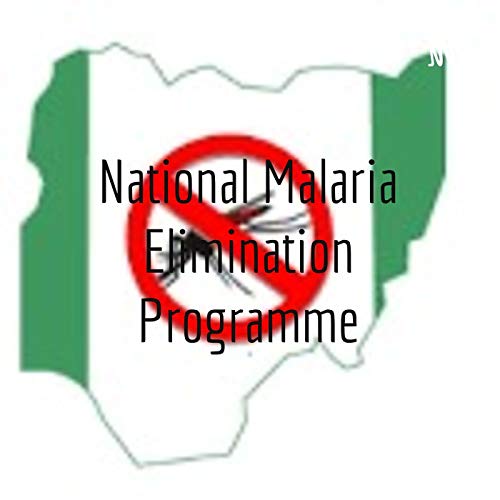Medical experts and other stakeholders working against malaria in the country have said that perennial malaria chemoprevention shows promise in reducing malaria cases and death among children in the country.
The stakeholders said this was evidenced from the data gathered from a study on the clinical effectiveness and operational feasibility of the project. The implementers carried out a baseline household malariometric survey, preliminary process evaluation study, the routine project data, supportive supervision data, among others.
The National Malaria Elimination Programme (NMEP), in collaboration with Malaria Consortium and other Roll Back Malaria partners, initiated the project on feasibility and effectiveness of PMC in Nigeria.
The project, which is funded by the Bill Gates Foundation, is aimed at generating the required evidence to inform policy and possible scale-up in Nigeria, and ultimately contribute towards a reduction in mortality among children under five. The implementation of the project commenced in 2020.
The Minister of State for Health, Dr Tunji Alausa, said that in 2020 the Federal Ministry of Health’s NMEP during the development of the National Malaria Strategic Plan (2021-2025) included the need to pilot Perennial Malaria Chemoprevention (previously known as Intermittent Preventive Treatment in Infancy) in non-Seasonal Malaria Chemoprevention (SMC) eligible states which were majorly in the Southern part of the country with the aim of generating evidence for informed decision making for the adoption of PMC as an additional intervention to increase progress towards malaria elimination.
He said the World Health Organisation (WHO) recommended PMC for children under 24 months in malaria-endemic countries to build on the successes of other control and prevention strategies such as vector control, drug-based prevention, prompt diagnosis and treatment of confirmed malaria cases and surveillance, among other interventions already adopted and deployed in the country.
The minister further said the primary outcome of the PMC-effect study was to catalyse decision making in Nigeria regarding the PMC policy adoption.
He said, “The study will demonstrate to the Nigerian government the feasibility and effectiveness of PMC implementation within the Nigerian context, and therefore enable us make informed decision on deploying the intervention to complement other malaria interventions, especially in perennial malaria transmission settings in the spirit of sub-national tailoring and adoption of appropriate mix of interventions in targeted areas.”
While noting that the NPRPUT team was inaugurated in July, 2021, he said it had been assigned a very important task of facilitating decision making for adoption of PMC using data generated from the study.
The Head of Case Management, NMEP, Dr Nnenna Ogbulafor, said the meeting held every six months in the life of the pilot of the study that had run for almost three years.
She said, “This phase of the meeting; we are very happy with the results from the field. It is speaking to the positivity of Nigeria adopting this intervention for the children of this country. This intervention is going to be deployed in the Southern part of the country where we have perennial rainfall. The states range from Abia, Ebonyi, Enugu to some states in the North Central, among others. This is for children under-five, specifically from two months to 44 months. The intervention is going to be running under the immunisation programme. We are going to deploy the sulfadoxine-pyrimethamine (SP) through the EPI platform to prevent these children from having malaria.”
Dr Olusola Oresanya, Senior Country Technical Coordinator in Malaria Consortium, said the project had two main objectives: “To evaluate the impact of PMC in children aged two to 18 months on key child health outcomes, including the malaria burden, hospitalisation and anaemia, and to describe indicators of operational feasibility of PMC by identifying and measuring key determinants of successful uptake and implementation of PMC.”
She further said six doses of SP was administered to eligible children in the intervention arm at 10 weeks, 14 weeks, six months, nine months, 12 months and 15 months of age concurrently with EPI vaccinations.
She added that specifically, Malaria Consortium aimed to determine:
- The expected benefit in terms of the reduction in malaria incidences in children
- The cost of introducing PMC in Nigeria
- How the strategy can be adapted to optimise impact
- Whether high uptake can be achieved
- The number of doses that can be safely administered with maximum impact.
She said the findings among others showed challenges with drug expiration, the need for review to accommodate SP and related commodities and the need for states to come up with a forecast or certain percentage of EPI target to reduce wastage.
WHO Nigeria’s Malaria Focal Person, Lynda Ozor, said Nigeria accounted for 27 per cent of global malaria deaths, adding that PMC was one of the interventions that could help reverse the scourge.

 Join Daily Trust WhatsApp Community For Quick Access To News and Happenings Around You.
Join Daily Trust WhatsApp Community For Quick Access To News and Happenings Around You.


